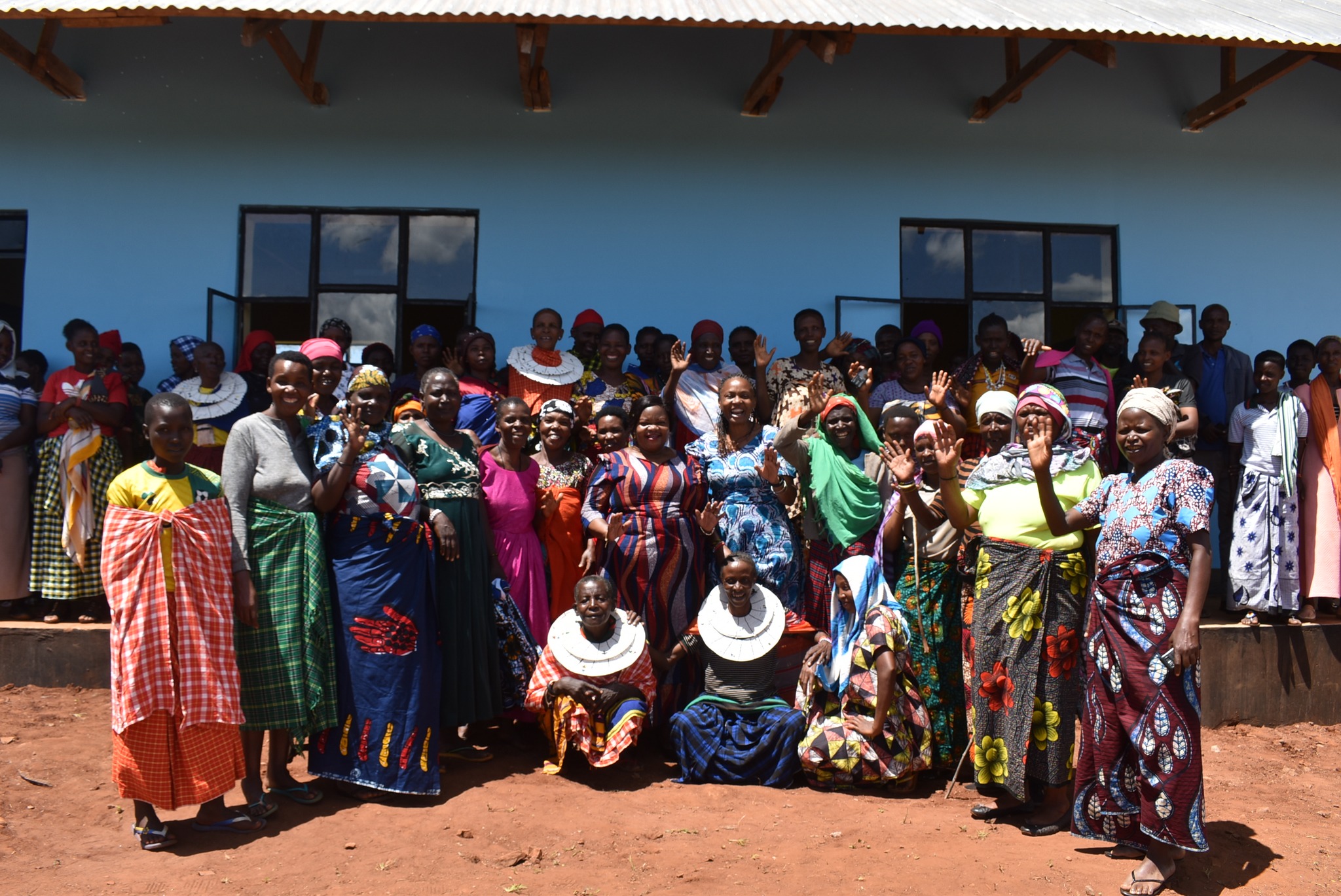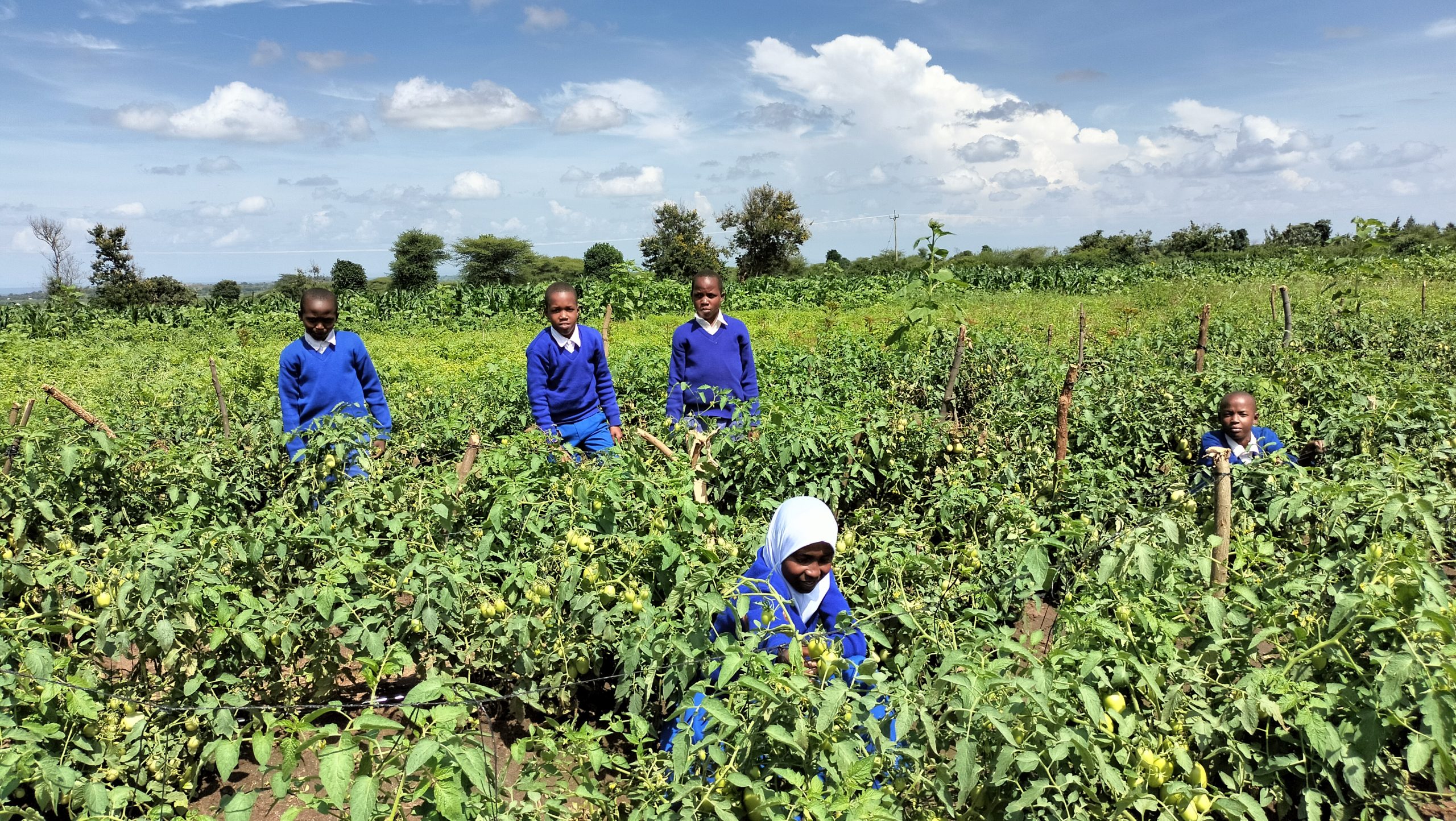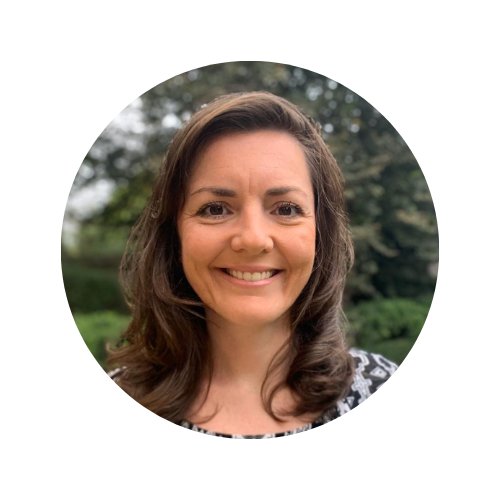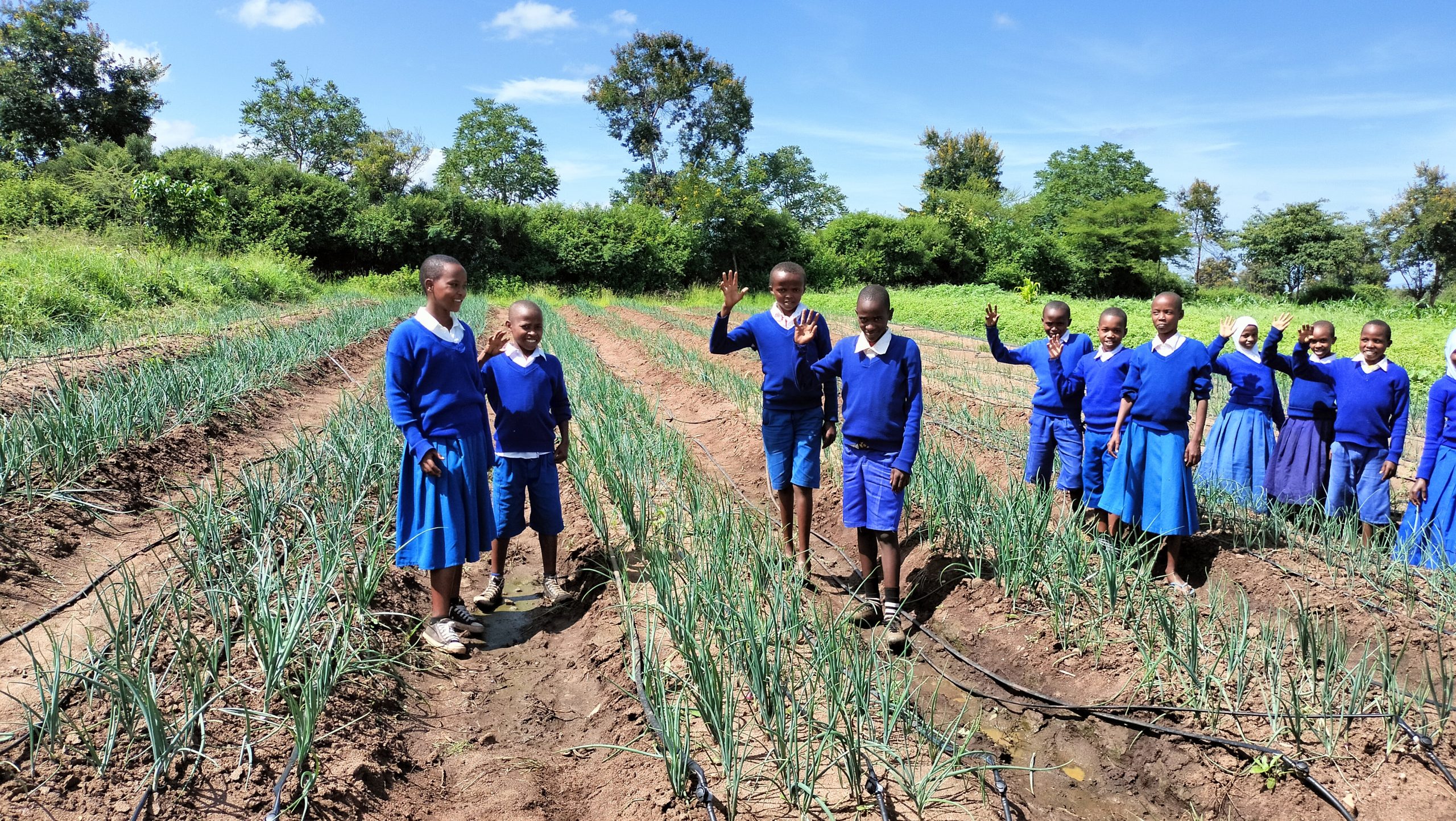It is a moment of reckoning. Swift and severe bilateral aid cuts are redefining international development. By force or will, we are entering a new aid paradigm that will test the core tenets of international development. There is no doubt that these cuts undermine decades of global cooperation to address inequality. Initial figures are already showing the devastating consequences. However, for many commentators, there may be one silver lining. That this moment may present a real opportunity to implement what international development has purportedly been aiming to do for decades: reduce over-dependence on foreign aid and instead foster locally-led sustainable development.
But a fundamental question remains: how might we actually achieve this silver lining? And for both funders and practitioners committed to localisation – what are the best development interventions to achieve this?
In the wake of the global aid-slash, the So They Can international, Tanzania and Kenya Teams have been reflecting on these questions. We believe that in this new reality: development interventions that have sustainability, defined as building three core pillars of economic, social and environmental capital, embedded into their programming are the most likely to not only survive, but even thrive. And that with strategic investment for scale, they can even positively reshape our fundamental approach to aid. So They Can’s model is an example.
Economic capital
Development interventions will only be sustainable in the midst of these devastating global aid funding cuts if the communities that they support can generate economic capital. For example, in both Tanzania and Kenya, most rural school campuses include vast agricultural land to generate income. But lack the capital, water, resources, and knowledge to realise such economic potential.
So They Can’s model has actively supported the creation of farms at its partner schools at scale to generate income that is significantly higher than schools’ annual government funding. In Tanzania and Kenya, national education budgets currently provide $3.60 and $17 respectively per enrolled child per year direct to schools. Conversely, at a school supported by So They Can in Kenya, a 6-acre plot profited $10,000, whilst their annual Government funding was $4,080. In Tanzania, drip-irrigation on 1-acre plots generated 3 times more than their annual Government funding.
Genuine partnerships with in-country governments also improves economic sustainability as it allows INGOs to adhere to local and national strategies, but also hold a position of advocacy and influence. We have seen the benefit of such sustained partnerships through increased government budgets for our partner schools’ infrastructure. In 2023/24, an additional $352,000 was provided by the Tanzanian Government. Our 10-year public-private partnership to construct the Tanzanian Government’s Mamire Teachers’ College likewise saw a $700,000 government investment and the College is set to reach 1,050 graduates in 2025.

Image: Kifaru Juu Primary School. Anna Mbogo, Executive Director of Babati District Council, Roselyne Mariki, So They Can Tanzania Country Manager, and the parents of Kifaru Juu hamlet commemorate the start of our partnership in early 2024. Photo credit: Ramadhani Hussein, Communications & Logistics Officer, So They Can Tanzania.
Social capital
It will be development interventions that generate social cohesion, changes in attitude and local ownership, that will continue to flourish despite 2025’s global aid funding cuts. For So They Can, an essential component of our model has been our active network of 172 volunteer Champion Mothers and Fathers. Embedded in communities, they are the cornerstone of community outreach. They act as active duty bearers in their villages, and work directly with families, schools and communities to protect every child’s right to education and wellbeing, especially for girls at risk of child marriage.
Partnership-led models such as this allow for culturally appropriate but significant shifts in attitudes and behaviour needed to secure the long-term sustainability of the development intervention (in this case improved access to and engagement in education). Together with our work building the effectiveness of School Management Committees and School Boards, we have seen a transformation in education being valued and prioritised. Parents, teachers and school management work together for the betterment of the school communities. Tanzanian parents’ co-contribution for school infrastructure has quadrupled since 2015. In 2024, a minimum of 15% of the total project costs for 42 classrooms was contributed in local materials and volunteer labor by parents.
As the Head Teacher at one of So They Can’s partner primary schools in Tanzania shared: “Our parents have gone from reluctant observers to active partners in their children’s learning. Every week they come to ask how their child is progressing … They lobby local leaders to increase school budgets… This engagement has been a real game-changer in enhancing the learning environment”.
Environmental capital
And finally, with the brunt of the climate crisis being borne by marginalised communities in the Majority World, it will be development interventions that actively seek to preserve the natural environment and build environmental capital that will continue to thrive in our new development ecosystem.
For schools, climate-smart agricultural practices can be adopted: drip irrigation for water conservation; intercropping to maximise land and resource use; agroforestry for biodiversity; and mulching to reduce water evaporation and improve soil quality. Farm management that is student-led with hands-on education also provides invaluable life skills. So They Can’s partner schools collectively farmed 262 acres, and harvested 72 tonnes of produce through these practices in 2024.
And it’s not only achievable through farming. So They Can provide the capital for solutions that utilise natural resources effectively, with low-cost maintenance that school farm income covers: reliable, cost-effective clean water security (19 water boreholes; 7 rainwater harvesting systems; 59 water storage tanks); solar systems for electrification and water pumping (20); climate-smart schools farms (25); energy efficient cooking stoves for school kitchens (12) and tree planting (2,800). For girls, reusable sanitary pads (59,545) are produced and supplied by local mothers.

Image: Kwaraa Primary School. The members of the school’s student-led farm club, tend to the school’s farm. Photo credit: Ramadhani Hussein, Communications & Logistics Officer, So They Can Tanzania.
Securing sustainability
Reducing over-dependence on foreign aid and achieving sustainability, at least in rhetoric, have always been at the forefront of international development theory and praxis. In development partnerships, a key objective of an effective investment – whether from an individual, corporate, foundation or government – is that sustainable “graduation” is achieved. The challenge in practice, however, is that it requires a long-term approach that depends on a shared responsibility amongst stakeholders to become a locally-led and sustainable intervention. Local capital developed across the three pillars – economic, social and environmental – is essential to fostering this sustainability and underpins success.
In the context of 2025’s global aid cuts, So They Can’s unique partnership-led model, embedded in local structures, improves education outcomes and evidences how to build local capital to offer a sustainable graduation pathway. As Roselyne Mariki, So They Can’s Tanzania Country Manager explains: “We’re seeing firsthand the immediate impact of the cuts across education, health and infrastructure. In marginalised rural regions like ours, we’re taking the biggest hits. But for So They Can school communities, it’s the capital that we have built that continues to ensure our effectiveness… It’s now that we see sustainable development models rooted in local ownership, innovation, and resilience, are no longer just ideal, they are essential”.
—————————-

Angela O’Connell is Grants Manager for one of Australia’s leading INGOs, So They Can, that is Fully Accredited with DFAT. So They Can partner with Government primary and secondary schools in rural communities in Tanzania and Kenya. 49,500 children in 52 government schools have been empowered through So They Can’s holistic Education Program.
Angela holds a Masters in International Development. Prior to joining So They Can she worked in Dar es Salaam, Tanzania, with national organisations focussed on maternal & newborn health and gender rights. Her experience shaped her deep belief that access to quality education is fundamental to combating global inequality.
Feature image: Kwaraa Primary School: The members of the school’s student-led farm club, tend to the school’s farm. Photo credit: Ramadhani Hussein, Communications & Logistics Officer, So They Can Tanzania.
